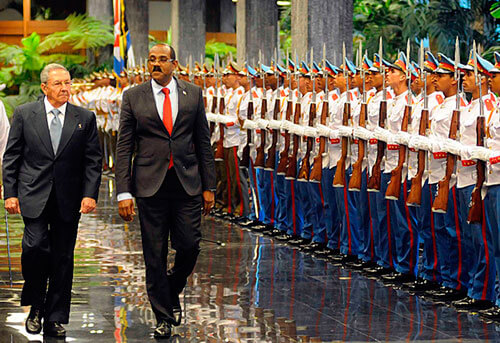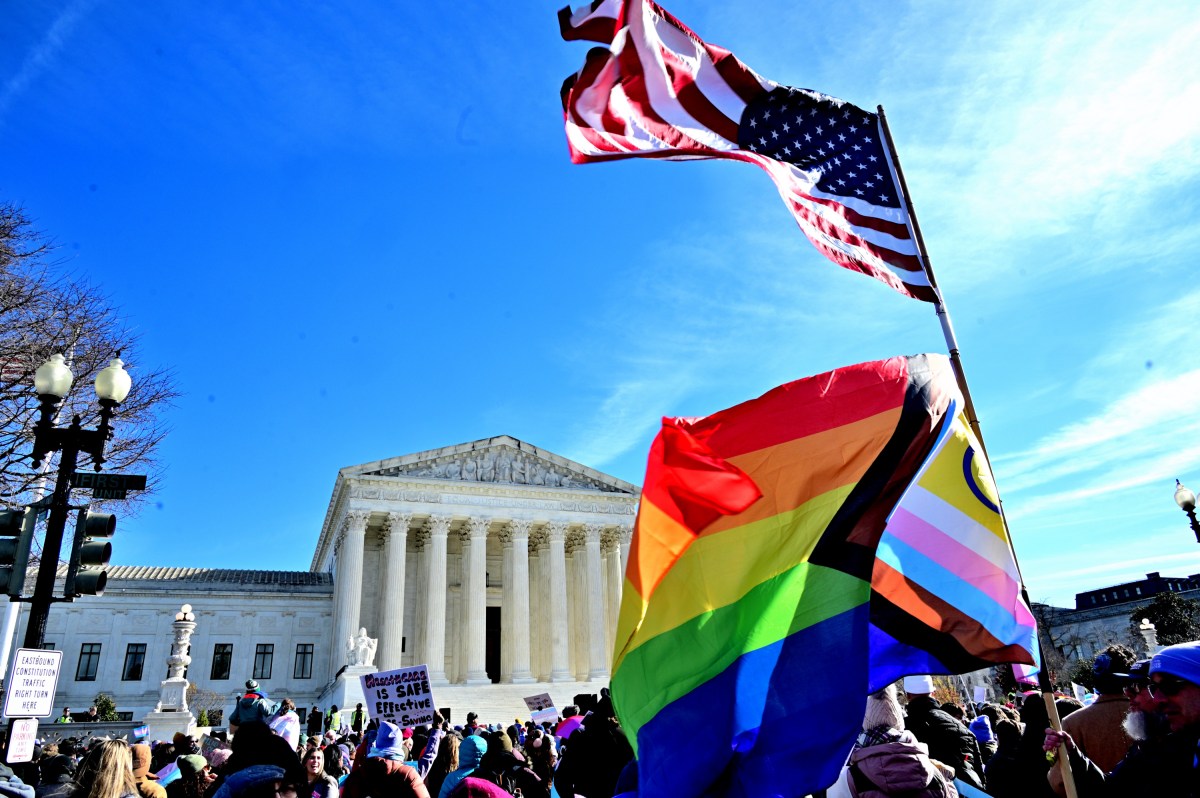Heads of States and Governments attending the Third Summit of the Community of Latin America and Caribbean States (CELAC) have been urged to call on the United States Congress to lift the half-century-old trade and economic blockade imposed on Cuba by the United States.
Speaking in San Jose, Costa Rica, at the opening of the session on Wednesday, Antigua and Barbuda Prime Minister Browne welcomed the decision of the governments of Cuba and the United States to establish diplomatic relations.
“We are delighted that the anachronistic and failed policy of the United States government of isolating Cuba is in the process of ending,” he said. “But we remain concerned that the formal trade embargo of Cuba by the United States remains codified in extra-territorial laws.”
Reiterating a plea made at the United Nations General Assembly in September last year, Browne called on CELAC members to urge the U.S. Congress to rescind the trade embargo against Cuba and to normalize all relations “in the interest of the stability and well-being of the Hemisphere”.
The Antigua and Barbuda prime minister – who in September, during the United Nations General Assembly, also called on the United States to remove Cuba from a list of State Sponsors of Terrorism – also spoke on the issue of terrorism at the CELAC Summit noting that it has become a scourge on the face of the Earth.
He noted that the terrorist tactics of ISIL, Al-Qaeda and Boko Haram are “despicable”.
“We must condemn them vigorously and stand against terrorism wherever it occurs, as we do those that occurred in the United States, the United Kingdom and France,” he said.
“But it is worth recalling that the National Consortium for the Study of Terrorism and Responses to Terrorism, based at the University of Maryland, has revealed that in 2012, terrorism touched 85 countries and just three – Pakistan, Iraq and Afghanistan – suffered more than half of the attacks and fatalities,” he added.
Browne stated that terrorism is not occurring only in Western countries, calling on nations to action, according to an Antigua and Barbuda government statement.
“We must also take action within our own domestic jurisdictions and in collaboration with our regional neighbours to stamp out terrorism wherever it might arise within our own boundaries,” he said.



















